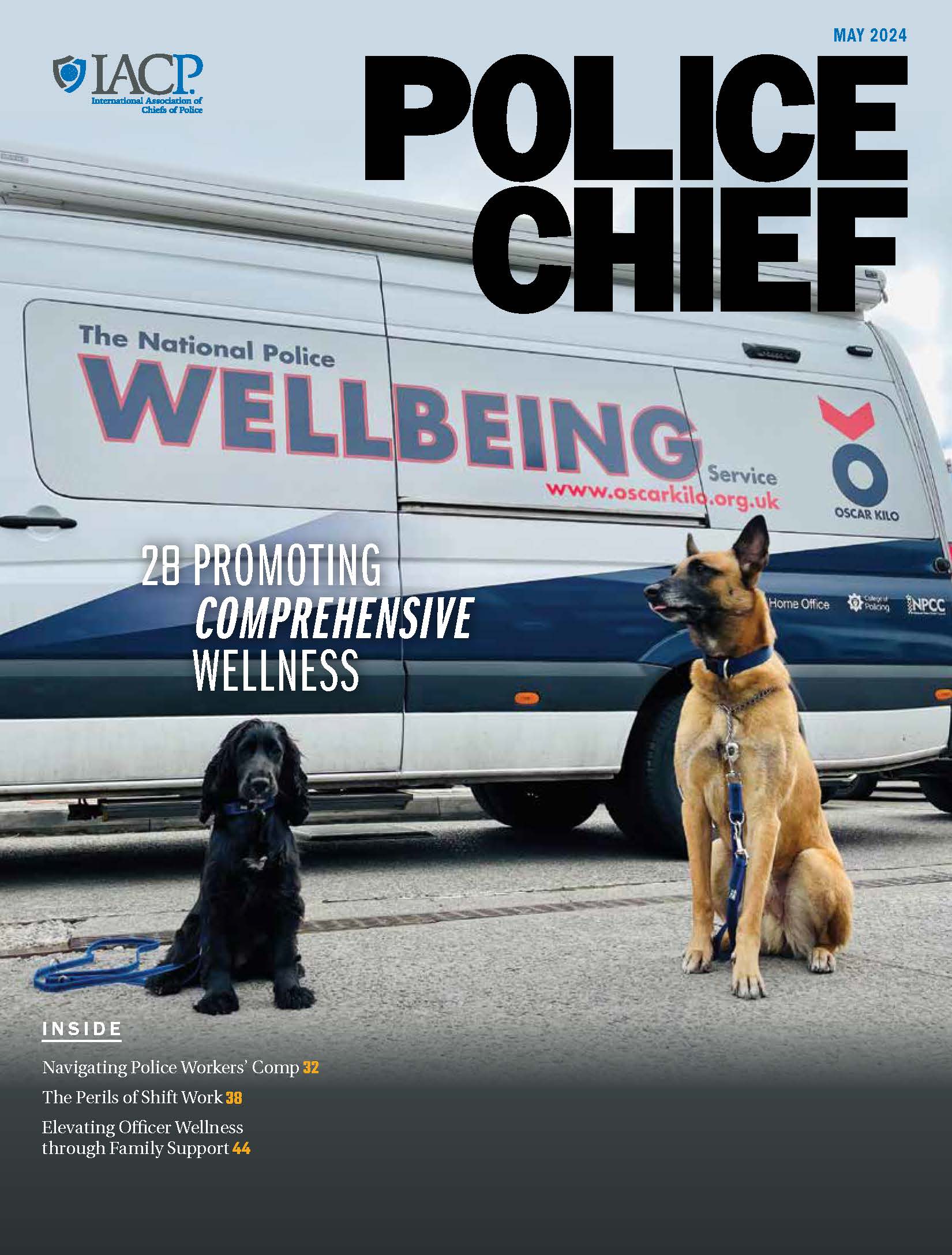In a democracy, the first and most important obligation of government to its people is to ensure freedom from fear, crime, and disorder. Without this freedom, all the pillars that support our society—education, health, freedom of speech and religion, tolerance, and equal rights—cannot be guaranteed. Police are essential to that obligation. Police count. Police matter.
In the 1990s, after almost three decades of steadily increasing crime and violence the police led the way in tipping the crime epidemic. Police designed and implemented a new strategy: community policing. Community policing emphasizes partnerships with the community and other government agencies; problem solving and prioritization; and, most importantly, a return to an emphasis on prevention and a new focus on accountability. Society came to understand that the causes of crime were not poverty, demographics, or the economy as many academics, criminologists, and politicians postulated. Such factors can influence crime, sometimes significantly, but the real cause of crime is criminals who consciously decide to break the law or people who, in moments of passion, confusion, or ignorance violate the law. The role of police in our democracy is to control and influence behavior in order to prevent crime, but, when it occurs, to be able to find, apprehend, and assist in the prosecution of the offenders. Society also has come to understand the importance of transparency and inclusion, rather than secrecy and exclusion that had been the hallmarks of police for most of U.S. history of policing.


